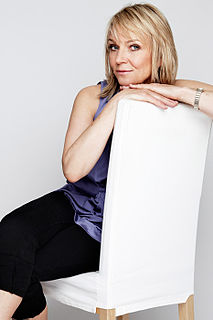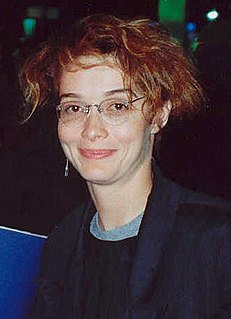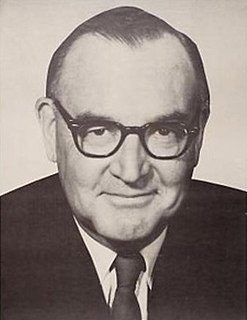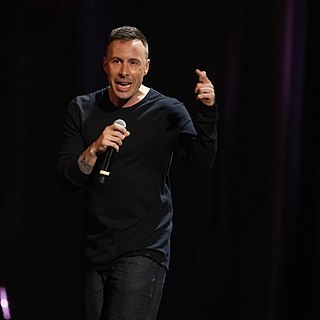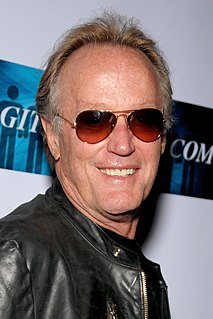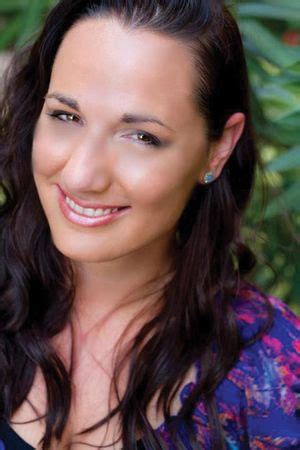A Quote by Sarah Weinman
The Cold War was over, presidential sex scandals superseded foreign concerns, and the American public was more interested in reading about fiendish serial killers, dependable mystery series protagonists, and any book thought to be in the vein of Bridget Jones and her abbreviation-happy diary.
Related Quotes
The early commentators who put down the pre-presidential Roosevelt as an empty-headed young lightweight, all ambition and no talent, now seem comically wrong to a modern book-reading, movie-going, television-watching, legend-loving American public conditioned to think of him as one of the presidential giants on the order of Washington and Lincoln.
You do know him, so that's a lame excuse." It was a lame excuse, but it was the best I had. "How do you really ever truly know someone?" Brit smacked her hands to her cheeks and she shook her head. "He's not a serial killer." "Speaking of serial killers, everyone thought Ted Bundy was a really charming, handsome man. And look how he turned out. Psycho." Jacob stared at me. "He's not Ted Bundy.
If you are interested in happy endings, you would be better off reading some other book. In this book, not only is there no happy ending, there is no happy beginning and very few happy things in the middle. This is because not very many happy things happened in the lives of the three Baudelaire youngsters.


